World Pride Profile: Andrea Gillespie, from Huron to Human Rights
Andrea Gillespie, HRC's Associate Director of Global Advocacy, brings the organization's advocacy to the world.


At the corner of 17th Street and Rhode Island Avenue in downtown Washington, the headquarters of the Human Rights Campaign is a beacon. As the largest LGBTQ-advocacy organization in the country, with its shining equality logo near the roof, its similarly styled flag flying above, there’s hardly another building in D.C. that so clearly announces its presence as a safe space.
If this mid-century office tower might be considered a factory, its assembly-line workers are churning out legislative action, policy pushes, community advocacy and all the other products one would associate with an iconic human-rights organization. These products, however, aren’t merely domestic. HRC also does a thriving export business.
“HRC invests in our global alumni network — made up of more than 200 LGBTQ+ leaders from over 100 countries — and convenes spaces for cross-regional and global learnings and strategy sharing, as well as builds deeper partnerships with global alumni on sustained advocacy engagement opportunities to leverage HRC’s connections with the United States Government, multilateral institutions, and the private sector,” reads the promotional guidance. That’s really just the tip of HRC’s global efforts, though.
Ask Andrea Gillespie, HRC’s Associate Director of Global Advocacy. She can easily dive into global grants, the LGBTQ-rights symposia she’s attended while representing HRC, and the U.S. entities she’s worked with to help guide America’s LGBTQ-related actions abroad. And she’s got the impressive résumé to illustrate she’s up to the task. Being named a 2023 Out in National Security and New America’s Out Leader is not too shabby. Then there’s the nod as a Foreign Policy for America NextGen Fellow. And a Penn Kemble Fellow with the National Endowment for Democracy. As with HRC’s global work, that’s just the tip of Gillespie’s accolades iceberg.
So, where did Gillespie get her international-advocacy start? Did she grow up in the shadow of the United Nations? Spend her youth jet-setting around the planet following a parent’s occupation?
“When my friends come to my hometown, they’re like, ‘You live in a cornfield?'” Gillespie says. “Yes, that is in fact the Ohio Turnpike and cornfields. My graduating class was 112, and my high school was less than 500 people. Huron, Ohio. Have you ever heard of Cedar Point? I grew up about 15 minutes away from the best amusement park in the world, and I will die on that hill.”
Humble beginnings, indeed. International travel meant a drive into Canada, or that Caribbean cruise with her grandparents. Travel for an adolescent Andrea might more likely mean piling into the car to visit a presidential home somewhere in the Midwest, or to a Civil War battlefield. Those were her father’s favorites.
Still, Gillespie was able to make the best of the opportunities at hand. While she expressed her athleticism with soccer and competitive dance, it was her mind that was getting the most strenuous workout.
“I was a very big nerd,” Gillespie recalls with a self-deprecating sigh. “I loved reading. I still make a joke with my brother, ‘Yeah, my name’s still on a plaque in our middle school for “Student of the Year” in eighth grade!’ I graduated valedictorian from my high school. I took every honors class and all the community college classes that you could take at my high school.”
As childhood “nerds” often grow into adult powerhouses, it’s no wonder Gillespie has launched a very successful career. That she’s thriving in the global arena of LGBTQ advocacy, however, is something of a surprise. Rather, it’s a career she says she “fell into.”
Studying Arabic — along with political science, Near Eastern studies, and gender studies — at the University of Michigan had her headed to Egypt to study abroad. But flickers of an impending coup had her rethink that plan, and it was off to Turkey instead. Good thing, too, as her collegiate peers who chose Egypt had to be evacuated, she notes.
“One class kind of ended up actually changing the trajectory of my life, which was a class on migration, taught by a Turkish professor who worked with refugees and asylum seekers in Turkey,” she says, recounting how that professor took her class on a tour through an Istanbul neighborhood with a heavy migrant population.
“It was at that moment that I understood I love storytelling, and a lot of human rights work is about storytelling and being able to connect with individuals, to really humanize the challenges that people experience around the world.”
From there, she says, migration and refugee issues became her new focus, right down to coaching — and tutoring — a group of refugee boys playing soccer in Lansing, Mich. As much fun as that was, grad school ended and she needed a job.
“If you had asked me five years ago if I would be a global LGBTQ advocate, I would have been like, ‘No. What are you talking about?'” Gillespie insists. “But when I graduated from grad school, it was 2018 and Trump was in power and obviously had completely decimated our refugee-resettlement program, so there weren’t a lot of jobs in refugee policy. But I found an organization called American Jewish World Service and ended up taking a job there as their advocacy coordinator.
“That was my first foray into working on something broader than just refugee rights and refugee resettlement. I was at AJWS for about three years, and it was there…where I first fell in love with working on LGBTQ rights. They have an amazing partnership network of LGBTQ organizations in Latin America and the Caribbean, East and West Africa and Southeast Asia.
“I traveled with AJWS in 2020 to Kenya for a convening with Kenyan LGBTQ civil society leaders to talk about their strategies for regrouping after a disappointing court ruling on decriminalization. It was an amazing trip and it really solidified my desire to be in this field and in this work.”
Today, Gillespie, who identifies as Bisexual, could not be deeper in the global trenches fighting for LGBTQ equality. She describes her HRC role in that fight as two-pronged.
First, she is HRC’s point of contact and lead on foreign policy, routinely engaging with legislators, members of the Foreign Service, and the White House. Second, she runs HRC’s Global Alumni Network/Global Partnerships Program, which is the side of the job that has her working directly with her advocacy peers around the world. A quick peek at HRC’s site illustrates that impact from Argentina to Zambia. And that’s just in the latest grants cycle.
While Gillespie must spend much of her time looking to the far corners of world, in just a few months she will be focusing on events here at home.
“World Pride is going to be a really amazing opportunity for us to reconnect with our alumni partners and new partners from around the globe. Connecting the challenges that we’re seeing here in the United States to the challenges that other people are experiencing around the world and find those commonalities and shared strategies to dismantle the systems of the anti-gender movement, so that come 2026 we are on the offensive and we are winning the fight against these democratic rollbacks,” she says.
“In the long run, we are going to win, because we are asking for our human rights to be respected and upheld. And because — and I cannot emphasize this enough — the advocates that we work with and that are in this global alumni network are brilliant. They are leading some of the toughest challenges in the world right now. They are facing repressive governments. They are facing hate and violence in their communities. And yet they’re not backing down.”
Certainly, it should be notable comfort to those advocates around the world that, based in that downtown D.C. HRC building, one of their strongest allies is doing all she can to further the fight.
This profile is part of an exclusive Metro Weekly series leading up to World Pride 2025, highlighting the global reach of D.C.-based organizations, activists, artists, and others.
Get the latest LGBTQ news delivered to your inbox. Subscribe to Metro Weekly’s free magazine.
Support Metro Weekly’s Journalism
These are challenging times for news organizations. And yet it’s crucial we stay active and provide vital resources and information to both our local readers and the world. So won’t you please take a moment and consider supporting Metro Weekly with a membership? For as little as $5 a month, you can help ensure Metro Weekly magazine and MetroWeekly.com remain free, viable resources as we provide the best, most diverse, culturally-resonant LGBTQ coverage in both the D.C. region and around the world. Memberships come with exclusive perks and discounts, your own personal digital delivery of each week’s magazine (and an archive), access to our Member's Lounge when it launches this fall, and exclusive members-only items like Metro Weekly Membership Mugs and Tote Bags! Check out all our membership levels here and please join us today!




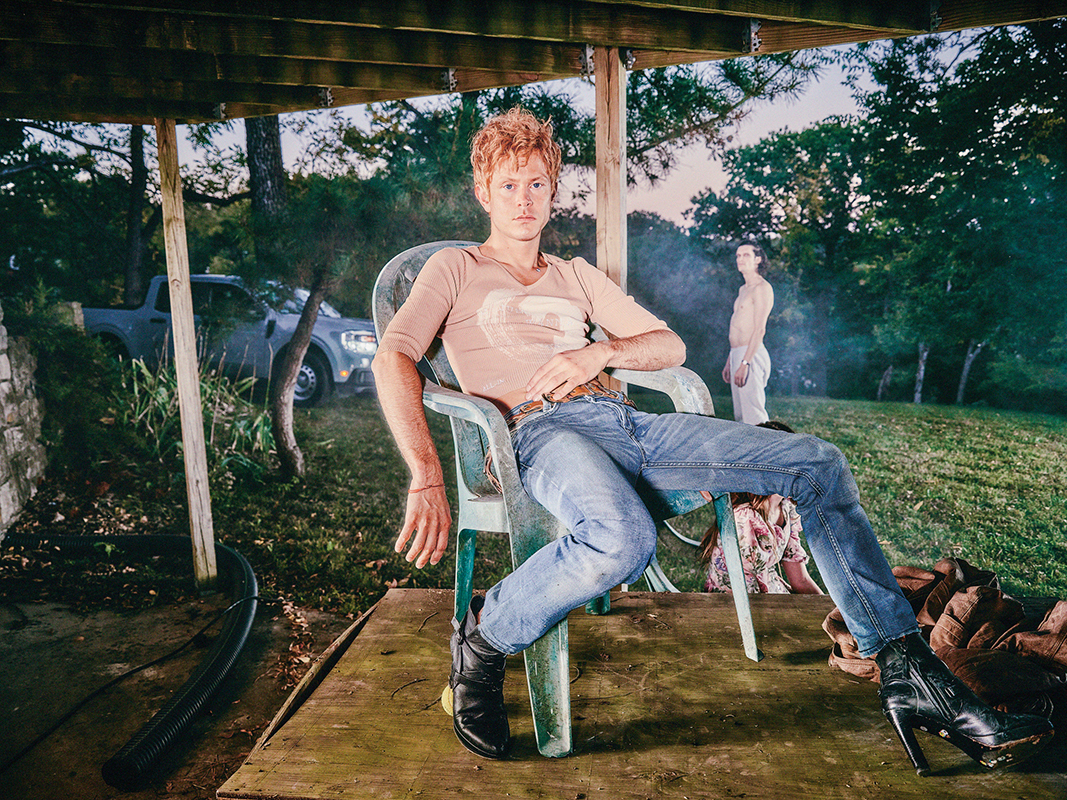
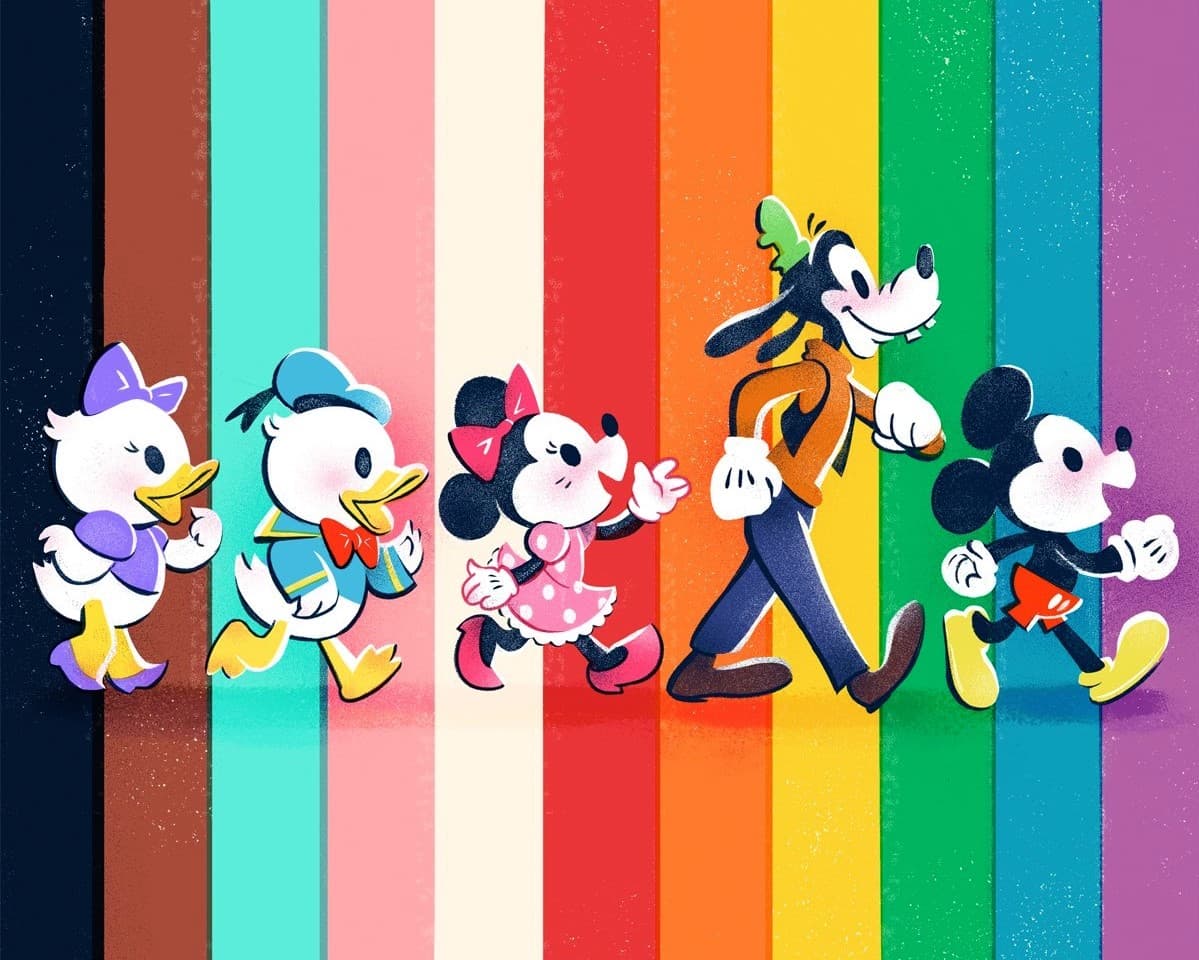
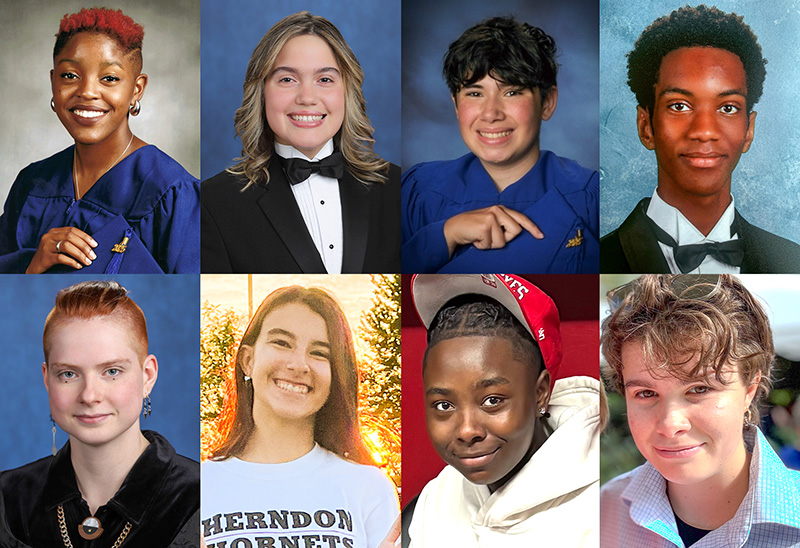













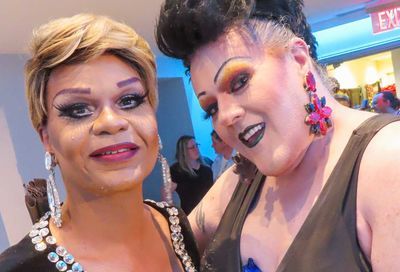
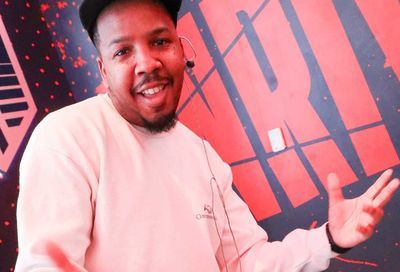
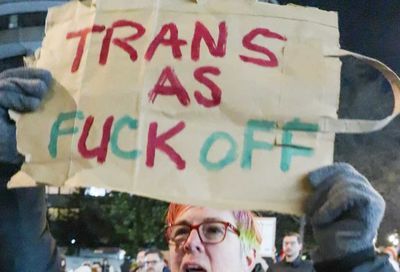
You must be logged in to post a comment.